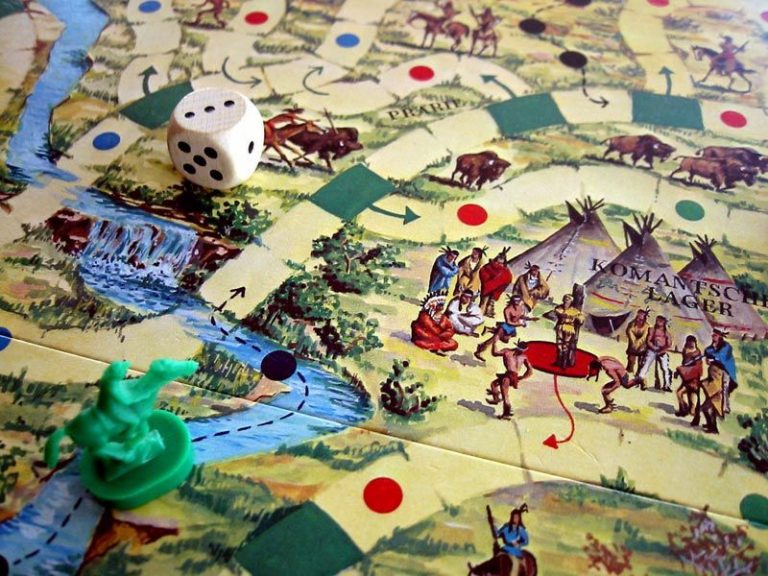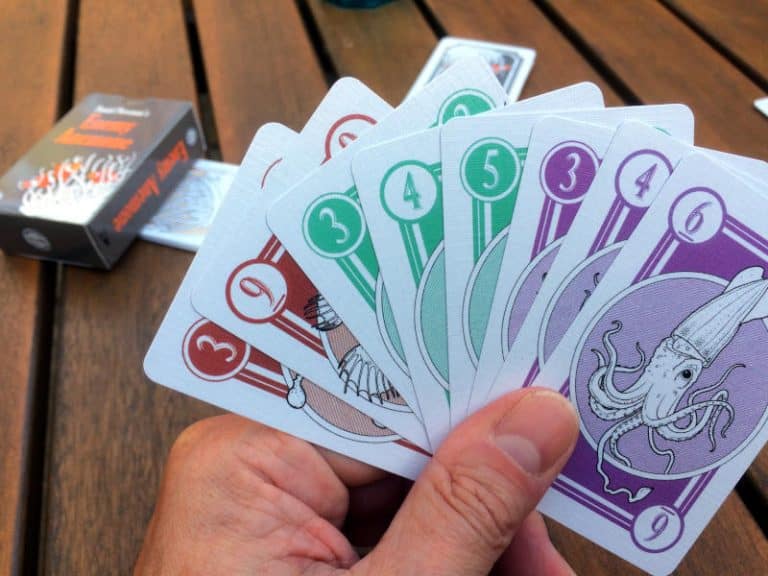Early Finish – why we don’t always have to finish games (Topic Discussion)
There is an unwritten social contract that, when you choose to play a board game, you agree to play it to its conclusion. Everyone around the table expects to finish the game. Everyone wants to have an equal chance of winning. People want to be able to come back from behind and snatch their victory right on their last turn. I think that expectation is perpetuated by how games are designed. So in this article, I want to explore this a bit further.











